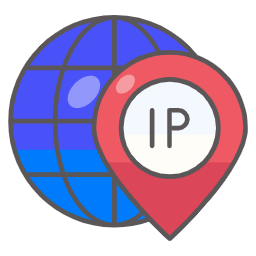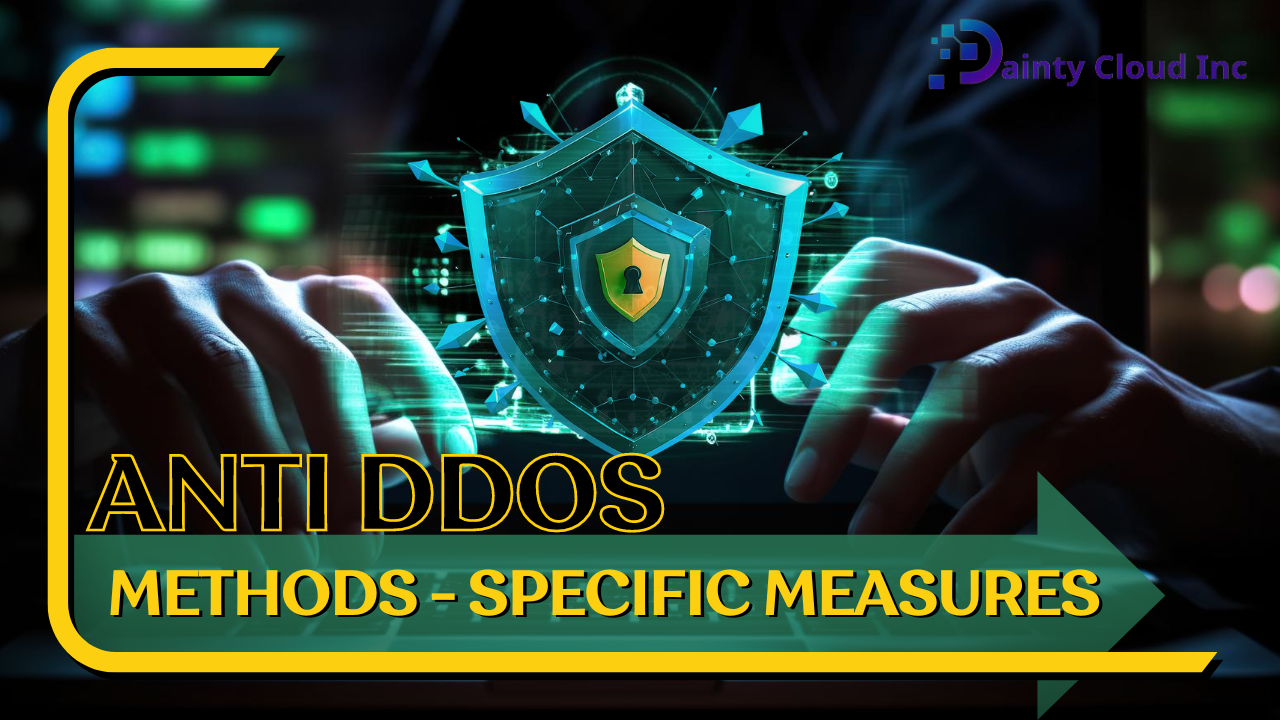VPS and VPN – Difference and Combination
VPS and VPN are two terms that are often confused. However, they are two completely different services. But when combined, they are incredibly effective.
Basic definition to know
What is VPS?
VPS (Virtual Private Server) is a virtual server. It is created by dividing a physical server into many different servers. It has the function of storing and processing data and information similar to a physical server. Nowadays, many people know and use VPS services. Both in business and small business models. Needs such as game servers, website hosting, developing platforms, creating virtual environments for programming, research will often use VPS.

Individuals or businesses often use VPS. Such as they need it for speed and performance, flexible server resource needs, set up a custom server, etc. Usually, renting VPS is the next service you use after the website has exceeded the limit of the basic shared hosting plan. VPS is the right solution for those who don’t want to upgrade to a dedicated server. And also can’t use shared hosting anymore.
What is VPN?
VPN (Virtual Private Network) is a technology that helps create a secure network connection. Use VPN when participating in a public network such as the internet, a private network owned by a service provider, etc. VPN provides anonymous connect. Helping users secure their network access location and preventing hacker attacks. Large corporations, educational institutions, and government agencies often use VPN technology.
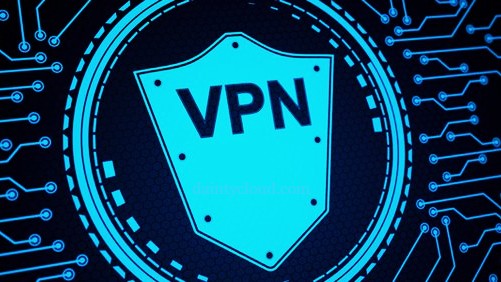
A VPN works by providing a connection to a proxy server, obscuring the user’s IP address by specifying an alternate address, then facilitating internet access. All traffic between devices Your account and the proxy server will both be encrypted, providing privacy and anonymity. VPN also provides many other function features besides security when using the web. Such as: accessing geo-restricted content, data protection, safe online. There are four situations where you should use a VPN: When you’re on public wifi, traveling, you’re a remote worker, and when you want some privacy.
Difference between VPS and VPN
Most inexperienced hosting customers cannot distinguish between VPS and VPN. While many people think that: both can be used interchangeably. Talking about the same, VPS and VPN are virtualization services, bringing safety and security to users. VPS is a form of web hosting. Meanwhile, a VPN is a service and technology that allows users to use the web privately and anonymously.

Besides, if compared in terms of cost, VPN is much more economical. The service price of a VPN is usually only about the same as a shared hosting package. VPS is cheaper than a dedicated physical server but more expensive than shared hosting. VPS and VPN have differences in terms of the physical structure and operating principle. If VPS is a virtual server, the entire system is just by one customer. A VPN is for entity-specific, secure access through a public network environment.
VPS virtual server is a place to store the data of a collective. Then VPN is a security service when surfing the web. VPN ensures users’ personal information is secure from being tracked by outside actors. Moreover, all information and data over this network are encrypted, making it impossible for hackers to penetrate. In other words, all data over the virtual private network is always safe.
How do VPS and VPN work together?
Unbelievably suitable combination
Although VPS and VPN are not the same, they are still related. VPS is a form of web hosting. VPN is software that helps you stay anonymous when using the web. For example, if you need a large and high-traffic website, rent a VPS to host your website. After that, you can use more VPN software when accessing the internet to manage the website, protecting all data when sent over the internet most effectively.
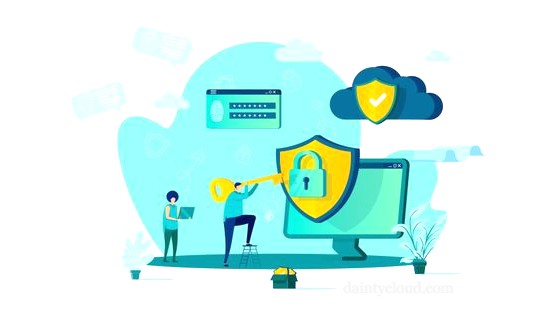
Most VPS users opt for Windows or Linux operating systems, managed or unmanaged. That means having a third-party administrator ensure VPS performance stays at its optimum, or that’s on you. Either way, you can still install apps on the server. Top VPNs offer apps for multiple devices and operating systems. Therefore, you can install a VPN on your tablet, smartphone, and router to maximize privacy and security.
Effective when combining VPS and VPN
There are two key advantages to combining VPS and VPN. The first is Privacy and Security. Since VPN encrypts data, the VPS server will not observe your online activities. There will be no right to share or sell your information. The second is Geo-restriction. With the right VPN, location restrictions are gone. When deploying a VPN on your VPS, you can experience the feeling of cross-border internet access.
Between VPS and VPN, which service is better?
Along with the development of modern technology today, the introduction of virtualization technology into the data security problem is the most optimal method. Keep data safe, as well as protect connections on other private websites. However, between VPS and VPN, which virtualization method is better? Many people would love to know the answer.
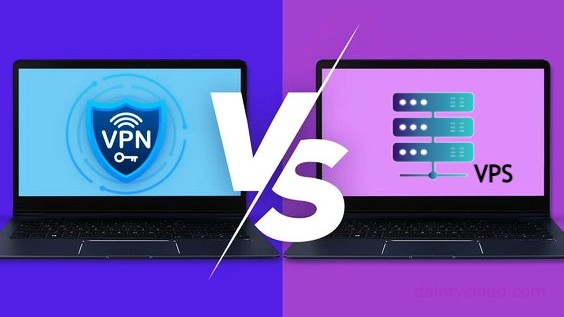
Depending on the purpose of use, if you want to keep your connection private when accessing the network. A VPN is better. And when you want to keep all devices safe in a system. VPS is the most reasonable choice. If you have programming skills, you can combine both services. Your connections will be more secure and untraceable when using a VPN. And preventing hackers from attacking your system is the task of VPS.
At this point, hopefully, you have been able to distinguish VPS from VPN as the functions they can perform. If you need VPS, visit Dainty Cloud to get the best choice. We are very willing and committed to providing the best quality of service. Thanks for following this post!





